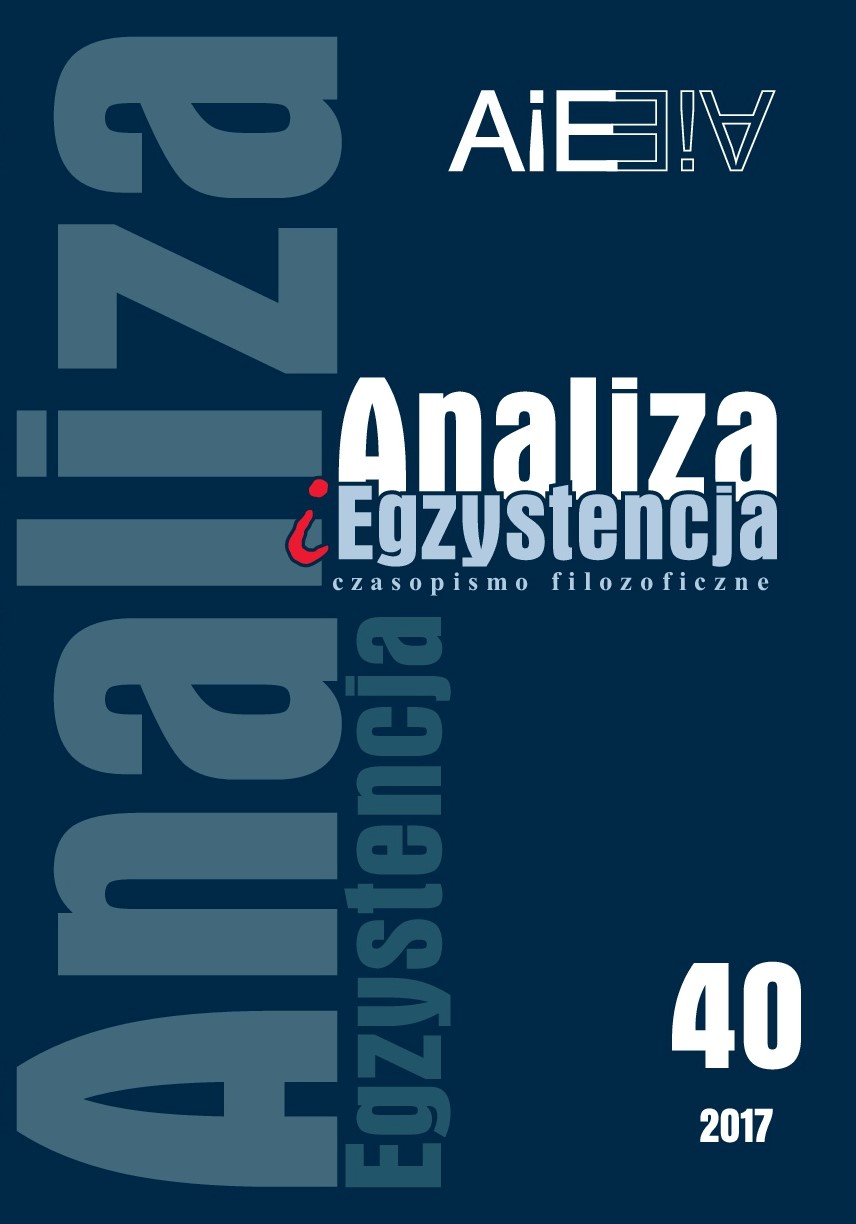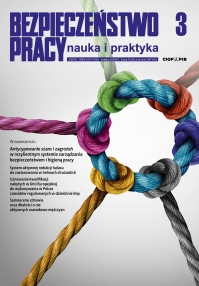Author(s): Zsolt Adorjáni,Elvira Pataki,László Takács,László Berczelly,Attila Jakab / Language(s): Hungarian
Issue: 1/2010
Review of:
1. GLENN PATTEN: PINDAR’S METAPHORS. A STUDY IN RHETORIC AND MEANING. (Bibliothek der klassischen Altertumswissenschaften. Hrsg. von Jürgen Paul Schwindt 2, 124) Universitätsverlag Winter, Heidelberg 2009. X + 275 o.
by: Adorjáni Zsolt
2. J. ASSAËL: POUR UNE POÉTIQUE DE L’INSPIRATION, D’HOMÈRE À EURIPIDE . Éditions Peeters, Leuven 2006. (Collection d’Études Classiques vol. 21.), 307 o.
by: Pataki Elvira
3. STOICI ROMANI MINORI (TESTI GRECI E LATINI A FRONTE). A cura di Ilaria Ramelli, Introduzione di Roberto Radice. Edizione Bompiani, Milano 2008. L + 2632 o.
by: Takács László
4. MICHAEL C. J. PUTNAM: POETIC INTERPLAY: CATULLUS & HORACE. Princeton University Press, Princeton and Oxford 2006. X + 172 o.
by: Takács László
5. GERHARD H. WALDHERR: NERO. ÉLETRAJZ. Fordította Kajtár Mária és Farkas Tünde. („Királyi házak”) Gabo kiadó, Budapest 2008. 334 o.
by: Takács László
6. GESZTELYI TAMÁS – VARGA TERÉZ (szerk.): RÓMAI POLGÁROK ÉS URALKODÓK KÉPI ÜZENETEI. (Agatha XXII.) Debrecen 2007. 245 oldal, benne 61 színes és f.-f. tábla.
by: Berczelly László
7. WALTER BAUER: ORTHODOXIE ET HÉRÉSIE AUX DÉBUTS DU CHRISTIANISME. Seconde édition revue et complétée par un Supplément de Georg Strecker . Traduction par Philippe Vuagnat, révisée et complétée par Christina et Simon C. Mimouni . Préface d’Alain Le Boulluec. (Patrimoines. Christianisme) Les Éditions du Cerf, Paris 2009. 348 o.
by: Jakab Attila
8. ENRICO NORELLI: MARIE DES APOCRYPHES. ENQUÊTE SUR LA MÈRE DE JÉSUS DANS LE CHRISTIANISME ANTIQUE. (Christianismes antiques) Labor et Fides, Genève 2009. 178 o.
by: Jakab Attila
9. F. GRAF: APOLLON. GODS AND HEROES OF THE ANCIENT WORLD. Routledge , London/New York 2009. XVIII + 190 oldal mutatókkal.
by: Pataki Elvira
10. BANGHA, I. – MÉSZÁROS, T. (edd.): A DANUBIO AD USQUE GANGEN. KLASSZIKA-FILOLÓGIAI, INDOLÓGIAI ÉS MAGYAR KULTÚRTÖRTÉNETI TANULMÁNYOK A 80 ÉVES VEKERDI JÓZSEF KÖSZÖNTÉSÉRE. Typotex, Budapest 2009. 265 o.
by: Adorjáni Zsolt
More...


